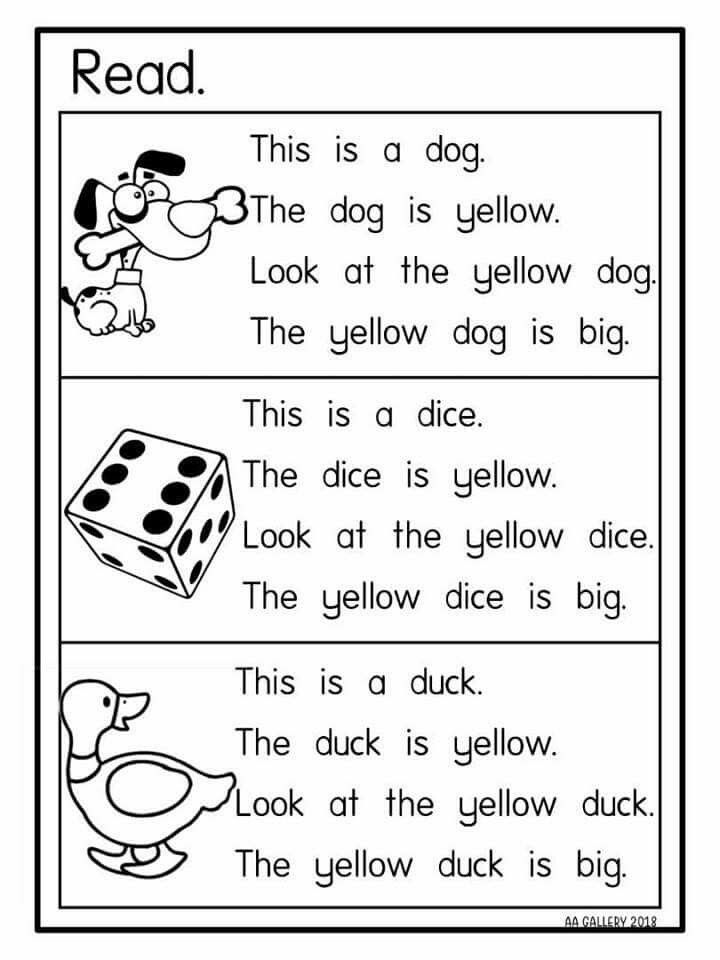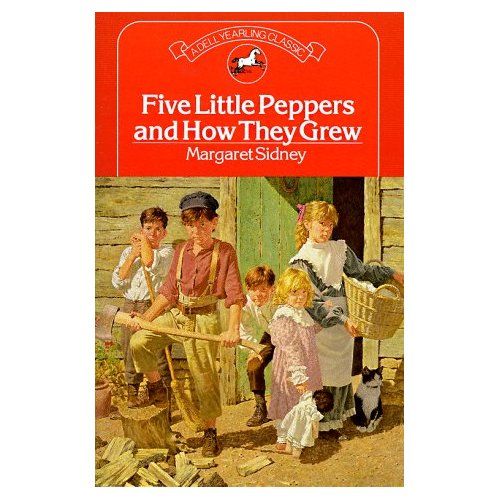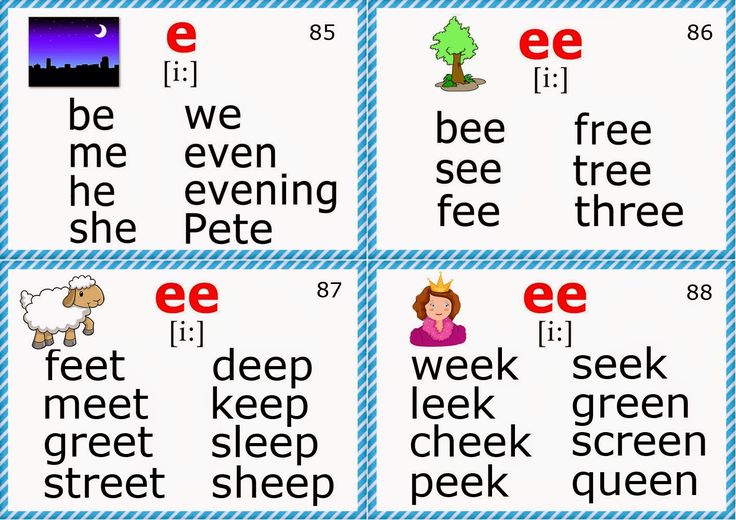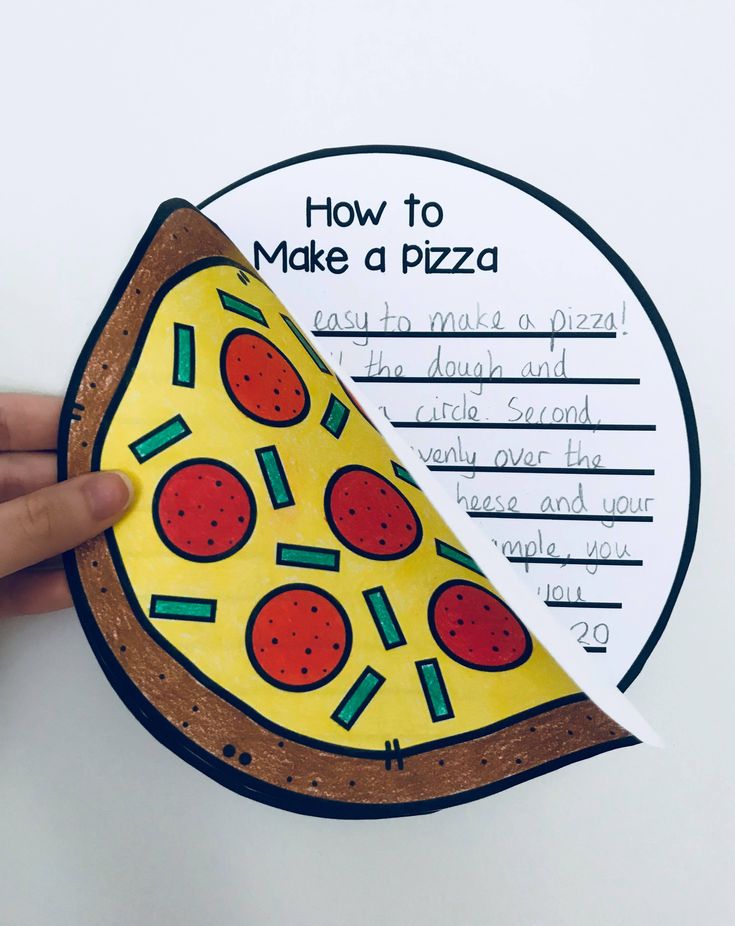Next time won't you sing with me
"Next Time Won’t You Sing with Me? The Role of Music Rooted in Oral Tra" by Catherine E. Milliron
Department/School of the Primary Author
Music and Worship
Keywords
Music, education, orality, literacy, oral Ttradition, music education
DOI
10.15385/jch.2017.1.2.4
Abstract
Most children learn music by rote long before they begin to learn by note. Early music learning is often facilitated through the oral transmission of music – a practice that has existed since long before the emergence of standardized music notation. Orality has long been linked to literacy and the relationship between the two – both in the past and in the present – has been studied in depth by modern scholars. Although it could be supposed that the innovation of music notation has negated the necessity for oral music transmission, in reality the two music transmission methods work in tandem in modern-day music education.
Oral tradition is far from dead, and this is illustrated in folk tunes, nursery rhymes, and traditional songs. Many of these songs, from “Mary Had A Little Lamb” to the “Alphabet Song” to “Ring Around the Rosie,” are rarely taught to children with the aid of sheet music. They are most commonly passed down from one generation to another simply by rote and have been kept alive solely by oral transmission. These timeless songs provide an excellent springboard for music educators, as they contain valuable teaching topics in the areas of language and literature, allude to various historical events and geographical locations, and provide meaningful instruction on how students are to interact with the world in which they live. Since there is such a strong link between orality and literacy, this article asserts that music rooted in the oral tradition should play a central role in the modern early childhood music classroom because it increases students’ language literacy, historical knowledge, and social awareness.
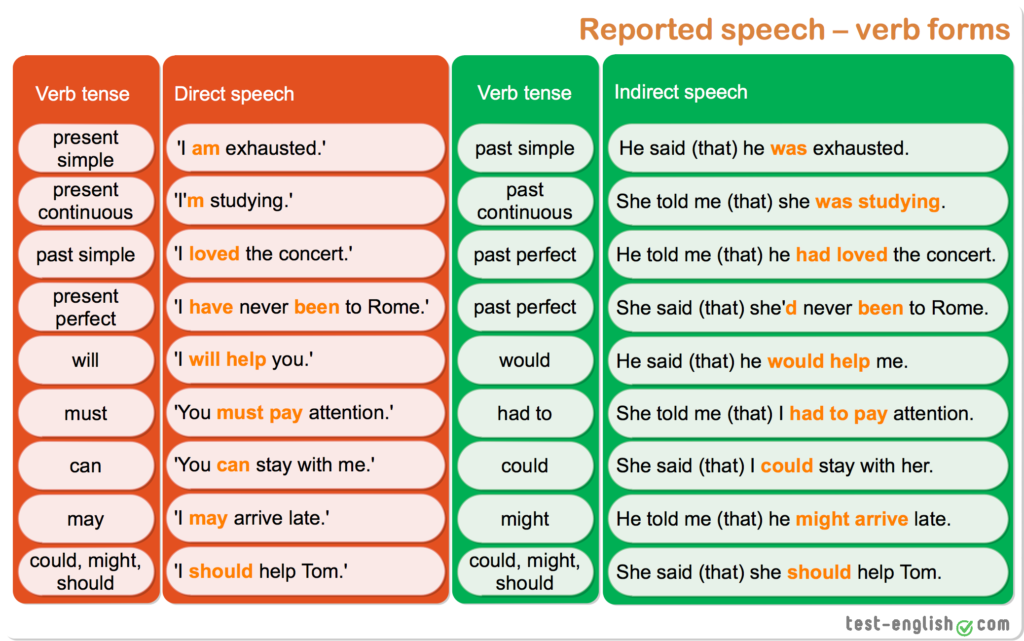
Creative Commons License
This work is licensed under a Creative Commons Attribution-Noncommercial-No Derivative Works 4.0 License.
Disclaimer
DigitalCommons@Cedarville provides a publication platform for fully open access journals, which means that all articles are available on the Internet to all users immediately upon publication. However, the opinions and sentiments expressed by the authors of articles published in our journals do not necessarily indicate the endorsement or reflect the views of DigitalCommons@Cedarville, the Centennial Library, or Cedarville University and its employees. The authors are solely responsible for the content of their work. Please address questions to [email protected].
Rights
© 2017 Catherine E. Milliron. All rights reserved
Download
Order a print copy of this issue
DOWNLOADS
Since May 10, 2017
COinS
Next Time Won’t You Sing With Me.
 How did you learn your ABCs? From the… | by Dave Doster | A Different Perspective
How did you learn your ABCs? From the… | by Dave Doster | A Different PerspectiveHow did you learn your ABCs? From the “Alphabet song”! Did you know it was published in 1835? How often do you still use it when having to deal with something in alphabetical order? More than you care to admit.
Did you ever realize it’s the same song as “Twinkle, Twinkle Little Star”, and “Baa Baa Black Sheep”? It’s also the tune that inspired “What a Wonderful World” (yes, the Louis Armstrong song). It’s a slower version, but the tune is unmistakable.
Many believe that Mozart composed this tune. That isn’t true. He wrote variations on what was then a well known tune. All these songs, including Mozart’s variations, can be traced to the original French folk song called “Ah! vous dirai-je, maman”. The tune itself appeared anonymously around 1740 out of the French countryside. It has been used, or has inspired many songs around the world.
The words of the French original tune are adorable.
Ah ! Vous dirai-je maman
Ce qui cause mon tourment?
Papa veut que je raisonne
Comme une grande personne
Moi je dis que les bonbons
Valent mieux que la raison.Oh! Shall I tell you, Mommy
What is tormenting me?
Daddy wants me to reason
Like a grown-up person,
Me, I say that sweets
Are worth more than reasoning.
It’s a parody of a an anonymous love poem, “La Confidence” (The Confidence) that begins:
Ah ! Vous dirai-je, Maman,
Ce qui cause mon tourment ?
Depuis que j’ai vu Silvandre,
Me regarder d’un air tendre ;
Mon cœur dit à chaque instant :
« Peut-on vivre sans amant ? »Ah! Would I tell you Mum,
What causes my torment?
Since I saw Silvandre,
I watch with a tender air;
My heart says at every moment:
“Can we live without a lover?”
Those French like to sing about their torment! :)
Speaking of torment, the Germans put it to a Christmas carol called “Morgen kommt der Weihnachtsmann” which loosely translates to “Santa Claus is coming tomorrow”. The original version of the song was a bit ominous and creepy.
The original version of the song was a bit ominous and creepy.
This modern version got rid of the war toys part.Morgen kommt der Weihnachtsmann,
Kommt mit seinen Gaben.
Trommel, Pfeife und Gewehr,
Fahn und Säbel und noch mehr,
Ja ein ganzes Kriegesheer,
Möcht’ ich gerne haben.Santa Claus is coming tomorrow,
Comes with his gifts.
Drum, pipe and gun,
Fahn and sabers and even more,
Yes an entire army,
I desire to have you.
In response to the Germans, the Hungarians also made it a Christmas carol.
Hull a pelyhes fehér hó, jöjj el kedves Télapó!
Minden gyermek várva vár, vidám ének hangja száll.
Van zsákodban minden jó, piros alma, mogyoró,
Jöjj el hozzánk, várunk rád, kedves öreg Télapó.Fluffy white snow falls, come, dear Santa!
All children waiting waiting, cheerful voice of stay.
There zsákodban all good, red apples, peanuts,
Come visit us, we wait for you, dear old Santa Claus,
And for the love of God,
Please save us from the German Army!
OK, I added that last part. To make up for it, here are some adorable kids singing the song…or maybe it’s a commercial for apples. I’m not really sure. Is that Hungarian? Anyway, here are the cute kids…
To make up for it, here are some adorable kids singing the song…or maybe it’s a commercial for apples. I’m not really sure. Is that Hungarian? Anyway, here are the cute kids…
I could go on with other songs from other countries, but I think I’ll end it there. I have to go get that freaking tune out of my head.
NEXT TIME: Ear Worms and What You Can Do About Them
"If they beat you, you shouldn't sing songs to him"
Vakhtang Kikabidze recently returned from a concert tour in Ukraine. It was a tour in memory of the "Heavenly Hundred" - people who died in the center of Kyiv during the Euromaidan protests. For the support of Ukraine, the singer received the title "Person of the Year". Kikabidze opposed Russia's annexation of Crimea, and in 2008 stood in solidarity with his homeland, Georgia, when he renounced Russia's Order of Friendship in protest of Moscow's aggression in South Ossetia.
- I visited four cities in Ukraine - Kyiv, Kharkov, Odessa.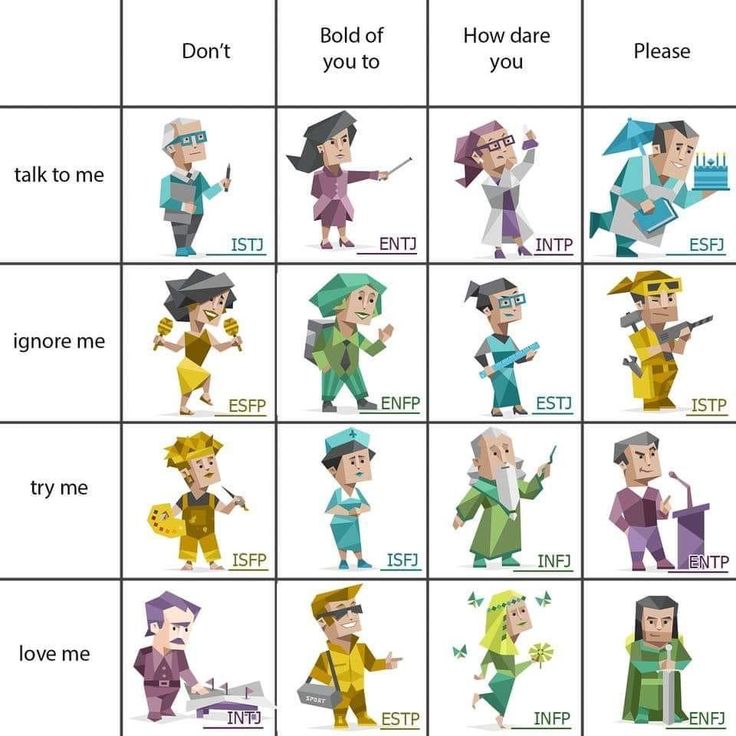 .. It's impossible to tell what kind of concerts there were. In addition to the honorary title "Person of the Year", I was also awarded the People's Artist of Ukraine. In Ukraine, the situation is ambiguous, let's see how it all turns out. The people long for freedom. Probably, people should join hands and do everything to make this happen. I think everything is going to be alright.
.. It's impossible to tell what kind of concerts there were. In addition to the honorary title "Person of the Year", I was also awarded the People's Artist of Ukraine. In Ukraine, the situation is ambiguous, let's see how it all turns out. The people long for freedom. Probably, people should join hands and do everything to make this happen. I think everything is going to be alright.
– Now you are actively touring in many countries of the former USSR. You have been invited and are being invited to Russia. But in recent years, for obvious reasons, you have not had tours. Did you miss the Russian public?
- I missed the audience very much. But when I really feel like it, I go to Ukraine and sing in Russian there, everyone understands there. I did not think that my rejection of the Order of Friendship, my principled position against intervention, invasion of Georgia would cause such a stir. To be honest, I didn't think there would be such a reaction. A lot of nasty things were written on the Internet, by the way, my alleged friends, Moscow stars, who later said that they didn’t write it, that someone was signing instead of them.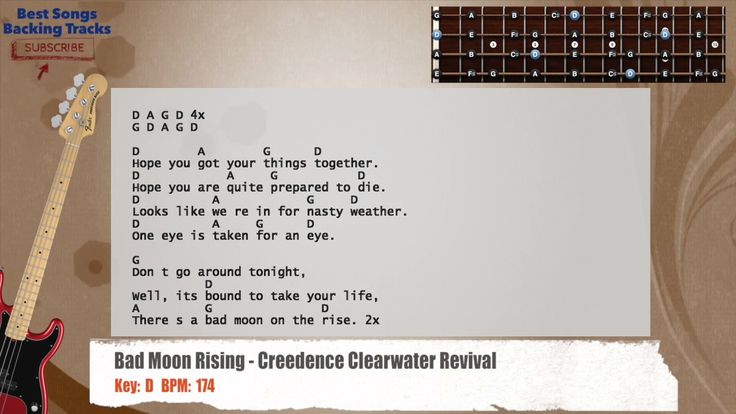
– But will you name names?
I know that there is a very strong opposition in Russia, but people are probably afraid. This also needs to be understood. But how much can you be afraid? Everything has a limit
- I won't, everyone knows them. One of them even got up in Kyiv and said into the microphone that he did not write it. I say: "Well, since you did not write, God bless you." There is such a thing here: everyone is fine at the table, and when problems begin, then the person is checked. Therefore, I can forgive.
– P After the five-day war in August 2008, you wrote the song "Disappointed", an appeal to the Russian intelligentsia. Could you explain a little about the words of this song, what did you want to say to your friends, your colleagues in Russia?
– The text was written by a friend, a journalist with an interesting biography who fought in Abkhazia. He wrote the lyrics to the melody for the guitar, brought it to me. It was an anti-war appeal to the intelligentsia, to friends who came, met everywhere, saw off, fed, watered. Few people then put in a good word for us when it all started. A lot of people felt ashamed, I know, because I met people from this circle. In general, everything breaks down on the intelligentsia, unfortunately. In the country of the Soviets, she was always completely zatyukanny. I know that there is a very strong opposition in Russia, but people are probably afraid. This also needs to be understood. But how much can you be afraid? Everything has a limit. The song sounded very strong.
It was an anti-war appeal to the intelligentsia, to friends who came, met everywhere, saw off, fed, watered. Few people then put in a good word for us when it all started. A lot of people felt ashamed, I know, because I met people from this circle. In general, everything breaks down on the intelligentsia, unfortunately. In the country of the Soviets, she was always completely zatyukanny. I know that there is a very strong opposition in Russia, but people are probably afraid. This also needs to be understood. But how much can you be afraid? Everything has a limit. The song sounded very strong.
– Were there any responses?
- There were responses. I recently performed it in a concert: people stood up in the hall - standing up and listened. I wrote one song for myself, probably not known here, "Somewhere Far Away" - an anti-war ballad. The song is that I want to find a country where old people are loved, children are not forgotten, where fish splash in the water, where flowers grow, where it is quiet, calm. In the finale, the performer says that this is called paradise. People are tired of bullshit. Now the whole world has gone crazy, but everyone has their own pain. So the songs are both new and old. Now I write to myself, already many composers with whom I worked are no longer alive. I once took two bottles of vodka, locked myself in a room and composed five songs. I haven't done this in my life.
In the finale, the performer says that this is called paradise. People are tired of bullshit. Now the whole world has gone crazy, but everyone has their own pain. So the songs are both new and old. Now I write to myself, already many composers with whom I worked are no longer alive. I once took two bottles of vodka, locked myself in a room and composed five songs. I haven't done this in my life.
– Vodka?
- Vodka. I wrote in Russian. All songs are now very popular.
- Many people remember you from the movie "Mimino". Could you remember your relationship with Frunzik Mkrtchyan, your friends, with whom you played in films? We know that you had friendly relations with Polad Bulbul-oglu, maybe you still communicate. In general, what did relationships with people of different nationalities mean to you?
Vakhtang Kikabidze in the film "Mimino" – I am by nature, probably, an internationalist, because I have always believed that nationality is an invented name. It's just that one person speaks one language, the other speaks another language. One head, two arms, two legs. Today it is such a coincidence that two hours before you, journalists were here on the cinema line, we talked for a very long time about Danelia, about Mimino, about Don't Cry, about these films, about these actors. And again the same question. Mkrtchyan is a very talented person with a difficult fate. When I first saw him, I was amazed that a man with such a funny face had very sad eyes. Then I found out what was happening, family affairs ... all died with him. He drank from grief. But I didn't see him drunk. He was always sober on set, but disappeared after the shoot. Was not very talkative. When he was ill, he called me from Yerevan and said that a documentary film was being made about me, and according to the script, we should come to Tbilisi. You, he says, should also act with me. And at that time I was very sick, there was some kind of flu, a virus. We unexpectedly came to the restaurant: people there were stunned when they saw us.
It's just that one person speaks one language, the other speaks another language. One head, two arms, two legs. Today it is such a coincidence that two hours before you, journalists were here on the cinema line, we talked for a very long time about Danelia, about Mimino, about Don't Cry, about these films, about these actors. And again the same question. Mkrtchyan is a very talented person with a difficult fate. When I first saw him, I was amazed that a man with such a funny face had very sad eyes. Then I found out what was happening, family affairs ... all died with him. He drank from grief. But I didn't see him drunk. He was always sober on set, but disappeared after the shoot. Was not very talkative. When he was ill, he called me from Yerevan and said that a documentary film was being made about me, and according to the script, we should come to Tbilisi. You, he says, should also act with me. And at that time I was very sick, there was some kind of flu, a virus. We unexpectedly came to the restaurant: people there were stunned when they saw us. The hall was full, we filmed there, talked about life, about creativity, about this and that, about Danelia, about cinema. He was thinner and looked unimportant. Then he was gone. And then I saw this documentary. And for the whole movie, while we are talking, he strokes my cheek. Apparently, he knew that I was sick. I do not remember this moment, but the whole conversation he has his hand on my cheek, he says something, asks and does not remove his hand. I was lucky that I got into the cinema. I worked with brilliant artists, very many, now it is difficult to list them all. Almost all are gone. When the monument to the film "Mimino" was opened in Avlabari, I was brought there, it was inconvenient for me to stand, because neither Frunzik nor Leonov was gone. I even apologized, I say: I'm sorry that I came here because it's somehow inconvenient.
The hall was full, we filmed there, talked about life, about creativity, about this and that, about Danelia, about cinema. He was thinner and looked unimportant. Then he was gone. And then I saw this documentary. And for the whole movie, while we are talking, he strokes my cheek. Apparently, he knew that I was sick. I do not remember this moment, but the whole conversation he has his hand on my cheek, he says something, asks and does not remove his hand. I was lucky that I got into the cinema. I worked with brilliant artists, very many, now it is difficult to list them all. Almost all are gone. When the monument to the film "Mimino" was opened in Avlabari, I was brought there, it was inconvenient for me to stand, because neither Frunzik nor Leonov was gone. I even apologized, I say: I'm sorry that I came here because it's somehow inconvenient.
– How did the idea for this memorial come about?
– Tsereteli came up with the idea, I didn’t know anything about it at all.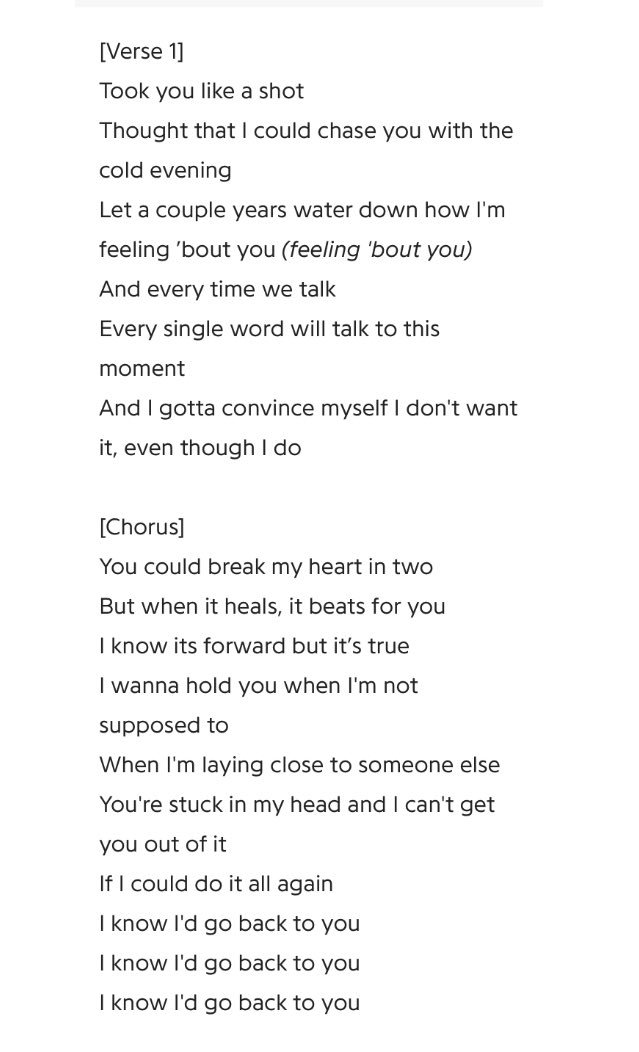 They called me from Moscow, they said that they made a monument to Tsereteli. By the way, they called from the Kremlin, they said that it would be installed on Chistye Prudy, near Danelia's house. Then Putin was offended by Misha Saakashvili and said not to erect a monument.
They called me from Moscow, they said that they made a monument to Tsereteli. By the way, they called from the Kremlin, they said that it would be installed on Chistye Prudy, near Danelia's house. Then Putin was offended by Misha Saakashvili and said not to erect a monument.
– Tell me, do they pay due attention to culture in Georgia now? Are they helping you? Are there patrons, businessmen who help culture?
– Which culture? Georgian?
– In general, culture, including Georgian, your creativity?
One has to be a citizen first, and then an artist
– No, I have always been alone and still alone. They probably think that I am very old, they stopped calling me. I haven't performed in Tbilisi for a long time. Last year I had an anniversary - 70 years, the concert hall was taken. Then I told my people: I don’t want to sing something in Tbilisi. We played an anniversary in Batumi.
– Would you like to sing in Tbilisi? Why?
- Unclear. Someone is offended by me there.
Someone is offended by me there.
– Do you think there is politics involved?
- For some reason I think so. You won't be forced to be nice.
– You, I remember, said that you would not go to Russia until "as long as these two basketball players are there."
- They are still playing basketball players. Here it is simply explained: if you are beaten, you should not sing songs to him. It does not honor. They really want me to go there, but I don't go. Here the people have nothing to do with it.
– You yourself said that the Russian public is the most beloved.
- Very good, they are very good at listening, I have a large repertoire in Russian. But it happened. If I open my mouth, then I don’t change my mind.
– So politics and culture are not completely separated?
- No, not completely. You have to be a citizen, firstly, and then an artist. I think so.
International Life magazine - Hayk Martirosyan: “I would like to sing again and again”
Bolshoi Theatre, La Scala, Metropolitan Opera, La Fenice - The list of theaters where Hayk Martirosyan sang can be continued for a long time.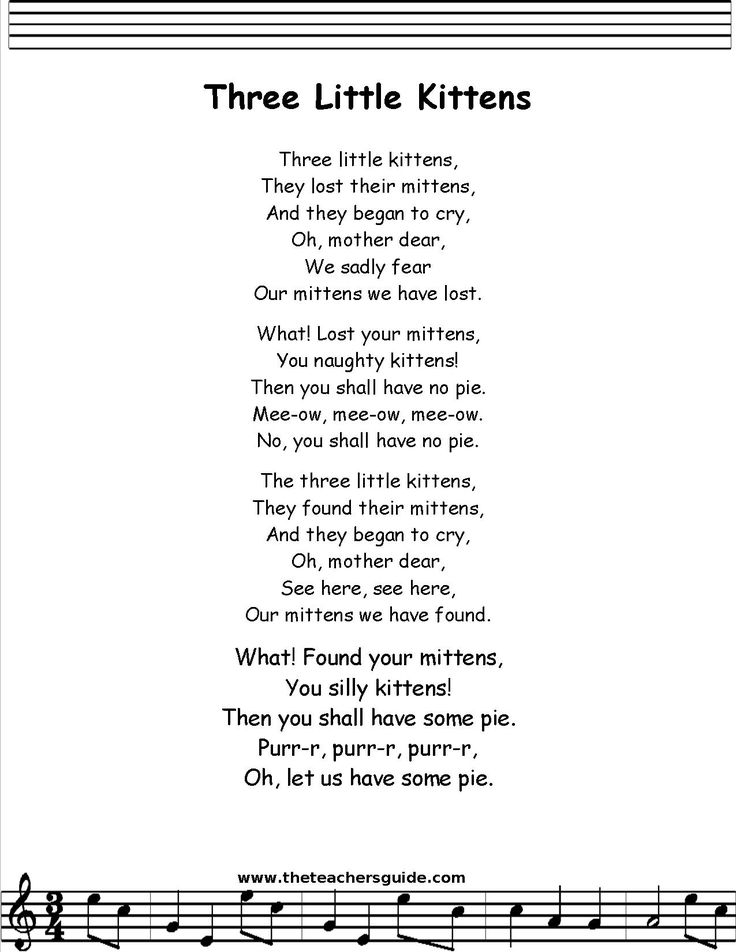 Today, his voice is heard more often at the Vienna State Opera, where he returned after an 18-year break.
Today, his voice is heard more often at the Vienna State Opera, where he returned after an 18-year break.
You ended up at the Vienna Opera in 1998, replacing an ill artist…
How did you get such information, even I can hardly remember it. In 1996, I won the Francisco Viñas competition in Barcelona, which meant a contract with the local Liceo Theatre. Once the opera singer Natalia Troitskaya, who knew the agents here, told me that the Vienna Theater was looking for a bass. I flew in from Barcelona to audition for Holender. He made me show the whole palette and immediately said that he was "taking this boy." The agent started jumping for joy, but I didn't understand why. At 26, I had a very high opinion of myself, and I was not particularly interested in long-term contracts with monthly payments. I agreed, but did not know the details: that I had taken the place of the sick bass. For four months I had good performances: “Rigoletto”, “Fedora”, “Ernani”, but after the end of the contract I was told “goodbye”. Today I am happy that it happened, but then I was wildly offended.
Today I am happy that it happened, but then I was wildly offended.
And you returned to the Bolshoi Theatre?
Thank God, they loved me there and reluctantly let me go to Europe. I flew in and immediately sang Aida.
Since the Bolshoi was mentioned, I'll still ask about the sensational "Eugene Onegin", in which Baskov performed Lensky, and you performed Gremin. Almost the entire press wrote that the only light of this production was Hayk Martirosyan. During the rehearsals, did you realize that the output would be a dubious story?
Times were difficult. Then whoever wanted to come to the Bolshoi Theater. I could not imagine how the performance would turn out, I was minding my own business. The public, by the way, had a wild interest in Onegin, when in general it was not observed in culture, especially in opera.
At the dress rehearsal, I sang very well - so much so that people passing through the corridors came to listen. And the next day a newspaper came out with a review, where it was said that Mr. Motorin left the most deplorable impression in the role of Gremin. People wrote criticism without even coming to the theater: poor Motorin had nothing to do with it at all, I sang.
And the next day a newspaper came out with a review, where it was said that Mr. Motorin left the most deplorable impression in the role of Gremin. People wrote criticism without even coming to the theater: poor Motorin had nothing to do with it at all, I sang.
You said that you were offended by the unrenewed contract at the Vienna Opera, but after 18 years you returned. Why?
This is a complex topic. In life, not everything is as smooth as we would like, and under a different set of circumstances, I would not have returned. I don't mean it's bad here, no. I had a very intensive career for 13 years, but not everything can be calculated correctly. And the return is very banal. I have been living in Vienna since 2004 and one day I thought that since I pass by this theater every day and part of my time is free, why not try it. Yes, now this is not the role that we would like, but work is more important. I can say for sure that I like what I do. There is a lot of new interesting repertoire here, which I would never sing anywhere in my life. This is possible only in this theater because of the saturation of the program. For example, I never thought that my voice was good for the German language.
This is possible only in this theater because of the saturation of the program. For example, I never thought that my voice was good for the German language.
You thought that for Italian?
I have a real Italian voice, I made it myself. There were few good teachers in my time. Yes, they knew how to solve technical issues, but a voice is not just an opening of the mouth. 90% of people have problems, especially if we are talking about opera singing. I have no idea what other profession I could have, where I would have worked so hard on myself. Not for a red word, it really was wildly difficult - on a daily basis to give a very high level, when for some reason your voice works every other time. I got on stage very early without the opportunity to take a break, I had to learn quickly. The only thing that saved us was that the timbre was very beautiful, but working on the flaws is a difficult physical labor.
As far as I know, you decided to sing at an adult age by today's standards.
I studied physical chemistry at the university, I never sang anywhere, I learned to play the piano and they say that I had some kind of talent. A couple of months before graduating from music school, I left it. I was interested in the yard, communication with peers, football.
Why did you suddenly move from a technical profession to a creative one?
There was a very professional woman in the field of music in Yerevan. Mom brought me to her with the condition that if she was delighted, we would start studying. She thought everything was fine, and I believed her. Then there was another fateful meeting: Pavel Gerasimovich Lisitsian came to our house, then he was God for everyone. He listened to me and said: “If you don’t sing, you will regret it.” It hooked me, and I decided to enter the Gnesinka.
One gets the impression that vocals are more of a random and not entirely your choice.
Well, if you're so interested, I'll mention my brother who is a singer.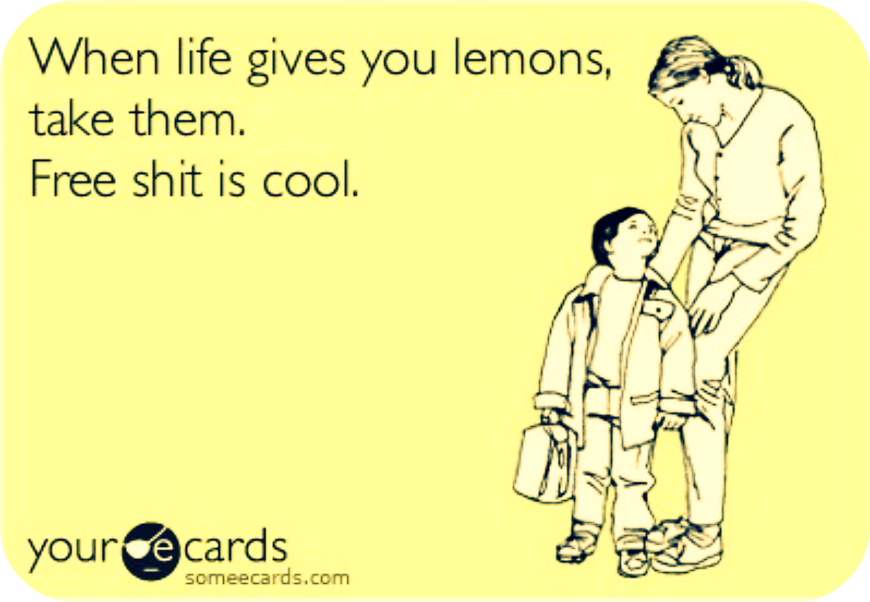 One day he was copying some bass that was on TV, and his mother, a musician, heard it. My brother began to study vocals and everything turned out well. At that time, everyone understood that something bad was happening in the country and with our first professions we would not be in demand. I can honestly say that I don't know what else I would do. But if you need me to be completely immodest, I will say: our data were above average. By the way, Pavel Gerasimovich was our curator with my brother when we were studying. He loved us very much, protected us and told us a lot of things.
One day he was copying some bass that was on TV, and his mother, a musician, heard it. My brother began to study vocals and everything turned out well. At that time, everyone understood that something bad was happening in the country and with our first professions we would not be in demand. I can honestly say that I don't know what else I would do. But if you need me to be completely immodest, I will say: our data were above average. By the way, Pavel Gerasimovich was our curator with my brother when we were studying. He loved us very much, protected us and told us a lot of things.
Do you have La Scala, the Metropolitan Opera, and the whole of Italy, where your career began, do you ever feel fed up with your profession?
There is a stupor when you are full and you think it's time to stop. This is a normal human factor. So you love sweets, but how much of this sweet you can eat - you begin to reach for salty. The same is true here. But it is necessary to reduce this to a minimum and once you work, then comply. The public is not to blame, it comes and pays a lot of money.
The public is not to blame, it comes and pays a lot of money.
But the nerve factor before going on stage still works?
It's hard to sing without excitement, I've heard it from many people and I know it myself. There are very unemotional performances, they go on often and are so annoying that there is nowhere to draw emotions from. It is very dangerous. Yes, you don’t worry, you stand on the stage like an idiot, look at the audience, sculpt something, but this is an empty performance, because the nerve does not go to the hall and the return from you is minimal. I hope there aren't many performances like this.
You once said about the mistakes and temptations that were in your career. What would you do differently now?
I wouldn't have done a lot or I would have done it differently. Temptations are when you are not ready for something, but you really want it. You put your reputation on a shaky level where you can fail, but you don't understand it. Unfortunately, I wasn't ready for everything. When you get into the channel, it leads you. Refusing is either impossible or catastrophically difficult. Most likely, it brought me down. At the time, I had to be a little patient.
Unfortunately, I wasn't ready for everything. When you get into the channel, it leads you. Refusing is either impossible or catastrophically difficult. Most likely, it brought me down. At the time, I had to be a little patient.
What exactly?
If you see a young man making a mistake, you don't have to go up and say, "Boy, don't do that, it's wrong." Now, recalling my stories, I can say that I look at some people differently, because they had a real opportunity to warn me, but they did not.
Not everyone dares to cross the line with advice.
Everything is possible. I am not shy and today I say something to my young colleagues. I don’t think that I am interfering in their lives, but let them hear the opinion once and do it their own way. I just know what it is. It is not so easy to survive mistakes in order to stay in the profession, not to go astray, to survive.
And stay happy?
I don't know how anyone thinks about absolute happiness.




